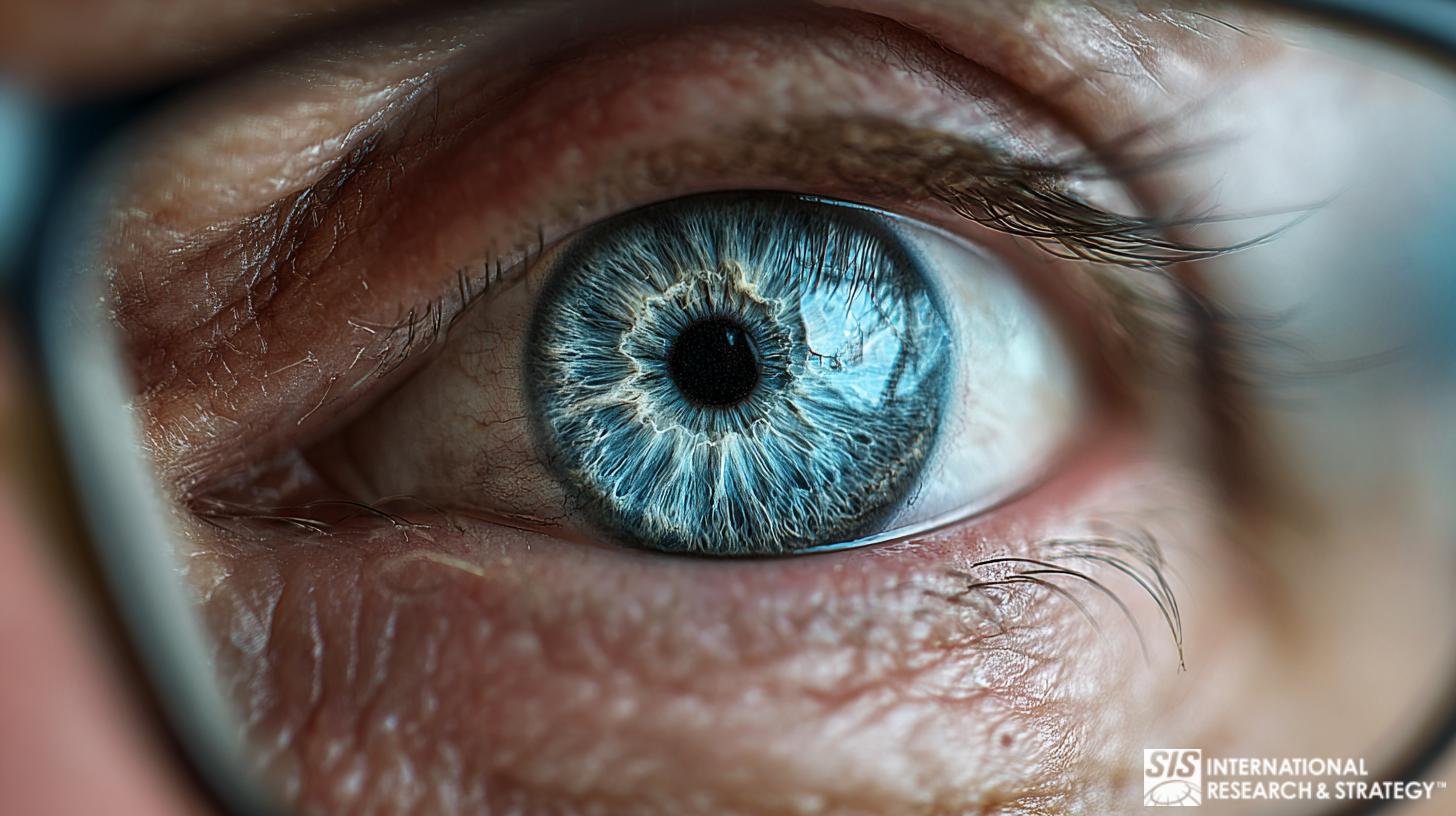
This week’s posting will be on a lighter note than that of last week which concerned the unfolding financial crisis in North American markets. We have reviewed a few chapters in Malcolm Gladwell’s best seller “Blink”. The relevance? Many of the insights in Blink can be applied directly to the Marketing Sciences, given their depth into the human unconscious and behavior. Below is a synopsis and analysis of some of the fascinating–even bizarre–perceptual insights in “Blink” and how they relate to Marketing.
結婚が失敗するかどうかを予測する
In Chapter 1, Gladwell tells readers about the “love lab.” With highly predictive coding of the behavior of newlyweds, a scientist can predict whether a marriage will last based on the first 15 minutes of conversation. Interestingly, relationships have a positive or negative “override state”. In other words, a person will often overlook the negatives to focus on the positives, and vice-versa. Moreover, he introduces the concept of “thin-slicing”. Gladwell later describes, “Thin slicing allows your unconscious to take care of all the minor mental details in your life, while leaving you to concentrate on the main problem at hand” (59). “Thin-slicing” demonstrates that the unconscious can recognize patterns even if we don’t recognize that pattern.
解釈不可能なものを解釈する
Then Gladwell cites an example about Morse code being used to interpret the personalities of enemy code interpreters with striking accuracy. Without ever meeting enemy Morse code operators, interceptors can develop comprehensive profiles of people whom they’ve never met. According to Gladwell, some idiosyncrasy in a personality presents itself unconsciously to the Morse code operators. This demonstrates to readers the impact of thin-slicing and reinforces his assertion that people can unconsciously detect patterns with accuracy. Marketers can employ this principle when trying to understand the 消費者.
限られた情報から人を理解する
The chapter further reveals insights into understanding personality and human behavior. Gladwell provides evidence that you can learn more about conscientiousness, emotional stability, and openness to new experiences by looking at a person’s bedroom than if they were your best friend. This is because of “thin-slicing” the underlying patterns and the anonymous person’s use of personal space in their bedrooms. Your subconscious functions automatically and can process these details with astonishing accuracy than if you were to rationally process aspects of our friends’ personalities. This highlights the importance of ethnography in better understanding the consumer’s lifestyle.
訴訟を予測する
If you listen to doctors in North America, they will tell you about the easiness against which they can be litigated. Gladwell presents evidence that doctors who spend more time talking with patients are sued less. That’s right, spending more time talking and showing concern can substantially impact your odds of being sued. The key? Your doctor’s vocal tone is a sign of respect, which is a predictor of your likelihood of getting sued. Lastly, Chapter one concerns the power of the glance, in that some people have the uncanny ability to predict the identity of an object that is far away from them. For example, a certain bird watcher could predict with accuracy the identity of a bird in flight and located far away. By inference, the experienced consumer could imagine with a sharp degree of accuracy the potential source or content of an advertisement in the distance based on the unconscious experience with a brand, a previous ad or past experiences.
薄切りの悪影響
Chapters 2 and 3 contain enthralling–and frightening–examples of the unconscious, delving into the effects of “priming” in group situations. The examples provide stimulus for introspection for Marketers. Gladwell cites a study showing that by asking an African American their race on a standardized tests, the unconscious will affect a negative behavior–poor performance. Further, an experiment showed that those who were primed with personality attribute words were far more likely to perform the behavior.
マーケターの課題
Another study provides a challenge to marketers. A study done by a prestigious university found that in situations where you make people explain themselves, confusion increases. For example, a woman changed her dating preferences for her ideal man upon meeting another man. A month later, that respondent went back to wanting that ideal man. This follows other authors like Clotaire Rapaille and Jon Steel, who use this logic in their approach to research. Furthermore, unconscious perception of appearance can be deceptive. This is seen with consumers making the Warren Harding Error. Harding, a lame duck former US president, was chosen largely because of his “presidential” height and looks.
全体的なまとめ
では、これらの興味深い主張から何を考えればよいのでしょうか。彼は薄切りについて次のように述べています。「鍵のかかったドアの向こうの心が私たちに代わって決定を下す方が、私たちにとってはよいときもあります」p. 61 しかし、薄切りの並外れた力にもかかわらず、薄切りだけを使用すると確かに問題が発生する可能性があります。


